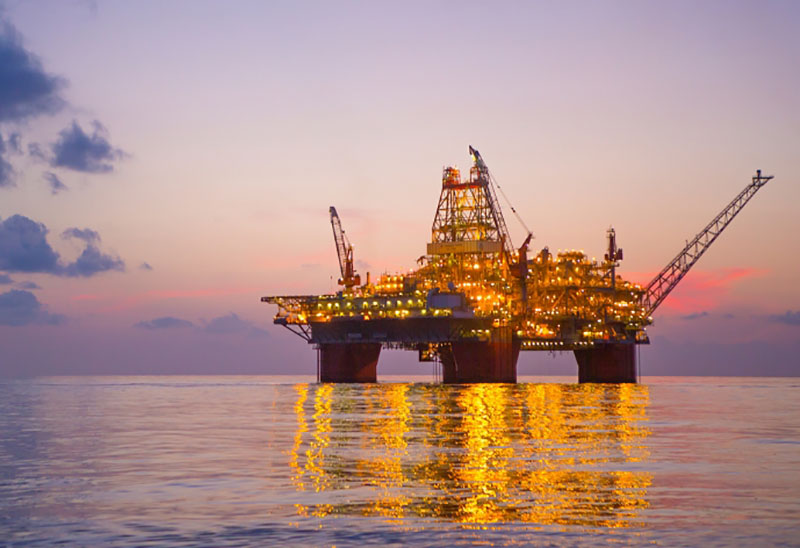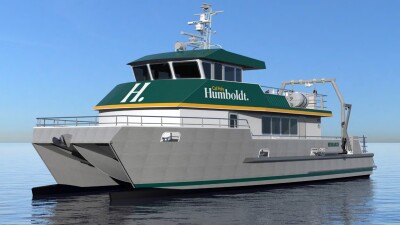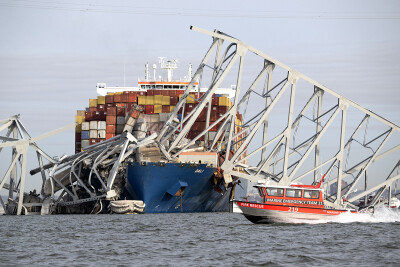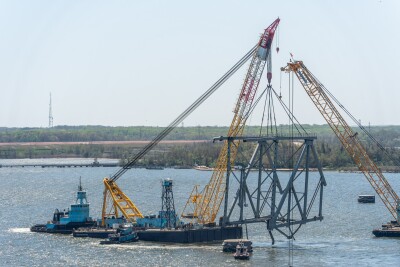U.S. Senators Bill Cassidy, R-La., and Lisa Murkowski, R-Alaska, introduced a bill (S. 2418) last week to amend the Gulf of Mexico Energy Security Act of 2006 (GOMESA).
The Conservation of America’s Shoreline Terrain and Aquatic Life (COASTAL) Act legislation would modify the current offshore energy revenue sharing program in the Gulf and create a new revenue sharing program for future offshore energy production in Alaska.
Cassidy and Murkowski were joined in introducing the legislation by U.S. Senators John Kennedy, R-La.,, Dan Sullivan, R-Alaska, Roger Wicker, R-Miss., and Doug Jones, D-Ala.
Louisiana constitutionally dedicates revenues from offshore energy production to pay for conservation, restoration, and environmental projects to preserve and restore its eroding coastline. However, under current law, Gulf states only receive a 37.5% share of revenues from energy produced in federal waters compared to states that receive 50% from onshore energy production on federal land.
“Louisiana’s coastline infrastructure is critical for America’s energy and economic security,” Cassidy said in a press release announcing the bill's introduction. “This legislation creates equal treatment for Louisiana’s offshore revenue sharing and secures the funds needed to strengthen our state’s coastal restoration efforts.”
“This bill makes it clear that Louisiana needs an equitable portion of the revenue made off our coast from offshore drilling. Louisiana is leading the U.S. toward energy independence. However, we have to invest in restoring our coastline and ensuring the safety of our coastal families and jobs from hurricanes. This bill will allow us to make those investments,” Kennedy said in a statement.
“Mississippi is a proud contributor to our nation’s energy independence, and our state should receive its fair share of the revenues produced from our resources,” Senator Wicker said. “This legislation would bring parity to revenue sharing agreements for offshore mineral development, ensuring that Mississippi and other states can invest in projects to protect our coasts for future generations.”
“Alabama has one of the most beautiful coastlines in the world. It’s essential that we work to restore our coasts, strengthen hurricane resiliency, and protect our native wildlife. This bill will ensure that Alabama gets its fair share of revenue from energy production off its shores which will, in turn, be directed toward these critical conservation efforts,” said Senator Jones.
In 2018, the Department of Interior distributed more than $8.9 billion in revenues from natural resource extraction. Onshore state and local governments received more than $1.5 billion or 17.7%. Gulf states shared approximately $188 million or 2.1%.
Figure 1. Disbursements of Federal Energy Leasing Revenue, 2018

Source: Figure created by CRS using data from ONRR
Note: 100% of revenue collected on Native American lands ($1.2 billion in 2018) sent back to tribes, nations, and individuals.
The COASTAL Act would also increase the revenue available for the Land & Water Conservation Fund’s financial assistance to states. Under current law, the Land & Water Conservation Fund receives 12.5% of revenues generated in the Gulf of Mexico. However, cumulative dollars available to GOMESA states and the Fund are capped at $500 million. The COASTAL Act would eliminate this cap.
The legislation also protects GOMESA payments from future sequestration cuts and makes oil and gas leases from 2000-2006 eligible for future GOMESA payments to Gulf coast states. According to the Department of Interior, in 2018 Gulf Coast states could have received an additional $247 million for environmental protection were more offshore leases GOMESA eligible.
The EIA recently reported new oil and gas fields in the Gulf of Mexico that will contribute to the overall growth in U.S. production. Eleven of those fields are GOMESA eligible under current law and another eight would also qualify under this proposed legislation.
The bill also creates an additional authorized use of dollars for planning, engineering, operations and maintenance of federally authorized projects, according to Cassidy's office.





